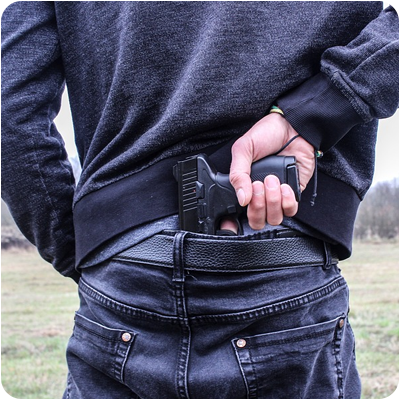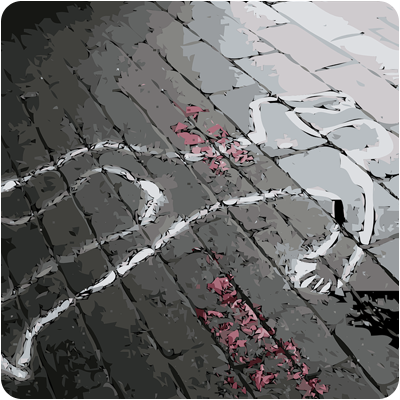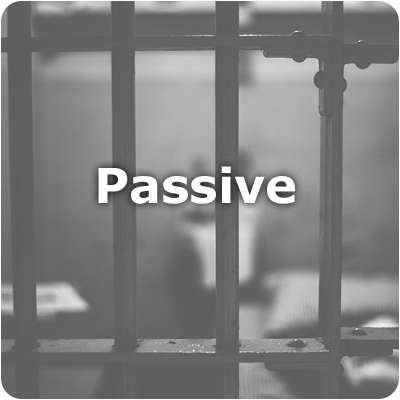Het arrangement Violence - hv3 is gemaakt met Wikiwijs van Kennisnet. Wikiwijs is hét onderwijsplatform waar je leermiddelen zoekt, maakt en deelt.
- Auteur
- Laatst gewijzigd
- 11-05-2025 19:48:05
- Licentie
-
Dit lesmateriaal is gepubliceerd onder de Creative Commons Naamsvermelding-GelijkDelen 4.0 Internationale licentie. Dit houdt in dat je onder de voorwaarde van naamsvermelding en publicatie onder dezelfde licentie vrij bent om:
- het werk te delen - te kopiëren, te verspreiden en door te geven via elk medium of bestandsformaat
- het werk te bewerken - te remixen, te veranderen en afgeleide werken te maken
- voor alle doeleinden, inclusief commerciële doeleinden.
Meer informatie over de CC Naamsvermelding-GelijkDelen 4.0 Internationale licentie.
Aanvullende informatie over dit lesmateriaal
Van dit lesmateriaal is de volgende aanvullende informatie beschikbaar:
- Toelichting
- Deze les valt onder de arrangeerbare leerlijn van de Stercollectie voor Engels voor havo en vwo, leerjaar 3. Dit is thema 3 'Crime and justice'. Het onderwerp van deze les is: Violence. In deze les staat geweld centraal. Daarnaast wordt jeugdcriminaliteit en de gevangenis(straf) behandeld. De onregelmatige werkwoorden in deze les zijn: to forbid, to forget, to get en to give. In de grammaticaopdracht wordt de passive (lijdende vorm) behandeld.
- Leerniveau
- HAVO 3; VWO 3;
- Leerinhoud en doelen
- Engels;
- Eindgebruiker
- leerling/student
- Moeilijkheidsgraad
- gemiddeld
- Studiebelasting
- 1 uur 40 minuten
- Trefwoorden
- arrangeerbaar, engels, gevangenis(straf), geweld, hv3, jeugdcriminaliteit, passive (lijdende vorm), stercollectie, violence
Gebruikte Wikiwijs Arrangementen
Leermateriaal, StudioVO. (z.d.).
Crime and justice hv123
VO-, content. (z.d.).
BLOKKEN TEMPLATE - h45

 The subject of this double period is violence and youth crime.
The subject of this double period is violence and youth crime.










